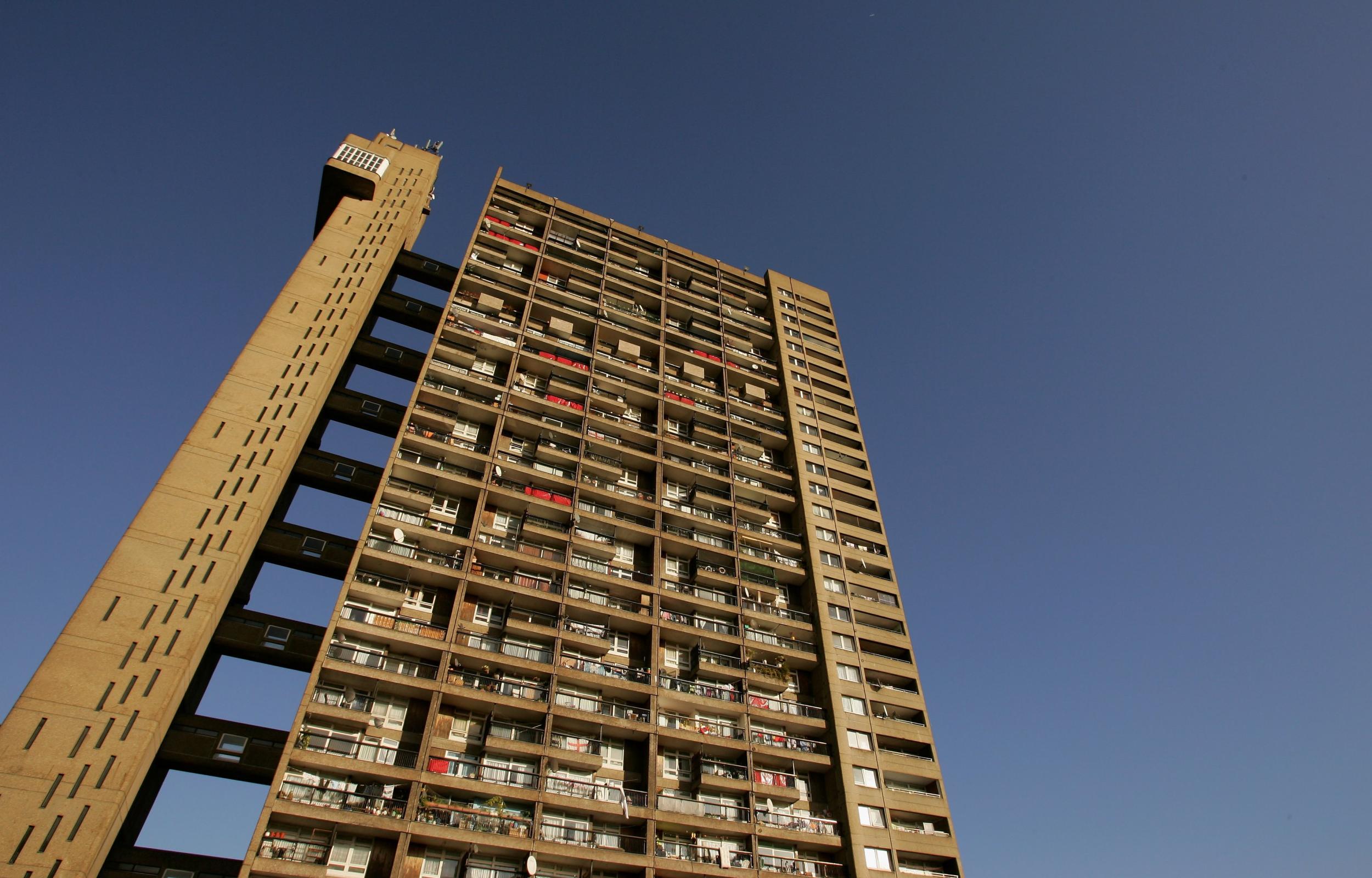Rent hikes, no protection and zero communication: How housing associations are failing tenants
Families and individuals are struggling while housing associations fail to address outstanding concerns like fuel costs. Sustained inaction will only push people further into poverty, writes Rabina Khan


There are millions of UK residents living in the 2.4 million homes owned and managed by housing associations. The current pandemic has led to job losses, people being furloughed, and loss of income for countless small businesses; it is not surprising that many tenants have fallen into arrears.
People who have contracted Covid-19 are in a position where they are unable to work at all, so those on zero-hours’ contracts, for example, may not be entitled to sick pay if they don’t earn enough money to qualify.
The government has said that it is important for landlords to offer support and understanding to tenants whose income is fluctuating now – but there are also housing associations who are ignoring this advice.
In 2017, a Guardian investigation across London uncovered issues with five housing associations: Catalyst, Sanctuary, Notting Hill Housing, Wandle and the One Housing Group, who control 175,000 homes between them. Three years later, nothing much appears to have changed and tenants are still living in appalling conditions.
There are just a handful of landlords who are waiving rents this quarter for businesses, including major central London landlords such as British Land and Westminster City Council. But the horror stories still abound.
A significant number of housing associations have not been sympathetic to tenants or contractors, refusing to allow rent deferrals and refusing help to contractors to keep their businesses running. Crucially, only one housing association contacted in the aforementioned report confirmed that it would employ measures to prevent tenants who could not pay from being evicted. However, under new emergency legislation introduced by the government in March 2020, tenants cannot be evicted from their homes during the coronavirus crisis.
While housing providers can, by law, increase their rent, I am due to have discussions with a certain housing provider as to why they thought it was appropriate to hike tenants’ rent during such a critical time. Families and individuals are struggling while housing associations fail to address outstanding concerns such as high fuel costs. Sustained inaction will only serve to push people further into poverty.
It is not just rent that concerns tenants, as Anton Georgiou, Brent councillor, points out: “Residents in my ward have raised concerns about the lack of proactive action by their housing association to ensure that their tenants are kept safe and have access to correct information on coronavirus, including signage in communal areas regarding social distancing.
"Some residents have not received instruction letters regarding coronavirus, and others report irregular cleaning in the shared areas. One resident witnessed a cleaning contractor not wearing PPE and failing to wipe key areas for cross-contamination, such as door handles and bannisters. The housing association concerned recently announced 32 tragic deaths in buildings that they manage.”
Tim Farron, Liberal Democrat MP, said: "Housing associations play a huge and important role in the build and management of social and affordable housing in Britain. Millions of people, including many of our NHS, social care, and other frontline workers, live as either social tenants, leaseholders or through shared ownership within housing association stock.
"Many households may be struggling as a direct result of Covid-19. That's why I am calling on housing associations to take their duty of care seriously, ensuring critical maintenance continues and avoiding imposing rent hikes during this critical time. The government must ensure that funding is available to support Housing Associations in this."
The coronavirus pandemic has impounded Britain’s housing crisis, putting people and families at risk of homelessness, where some housing associations are failing social landlord responsibilities and house building has slowed down. In addition, many families feel pushed out of the housing market because overseas buyers are purchasing and letting properties, despite the Conservative party promising in its manifesto to charge foreign buyers an extra 3 per cent on the purchase price in stamp duty.
In a post-Covid-19 era, the government must rethink how to address the nation’s housing crisis.
Rabina Khan is a Liberal Democrat councillor and Special Advisor
Join our commenting forum
Join thought-provoking conversations, follow other Independent readers and see their replies
Comments